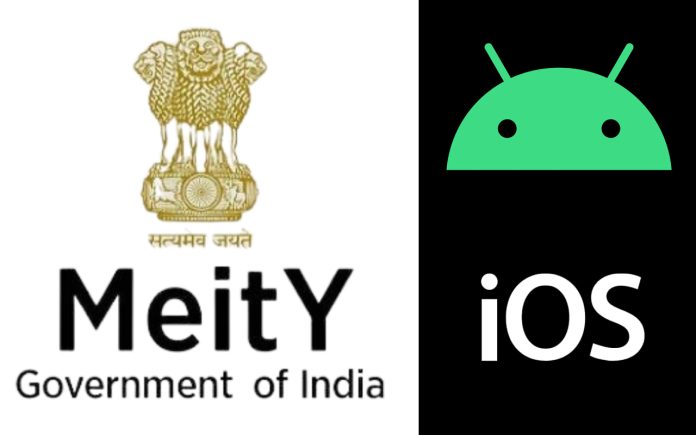- The subject matter is bound to evoke intrigue and raise questions as to why it took the Indian technology ecosystem so long to develop our own mobile operating system. Indian techies, especially software professionals, have spread around the globe in huge numbers actively contributing to the development of some of the most cutting-edge technologies. No wonder, Indian information technology professionals are much sought after to develop pathbreaking codes leading to dynamically evolving applications and solutions. Over the years, the majority of Indians would be wondering what was stopping our technology firms from developing a mobile operating system that can challenge the established tech behemoths big time.

PC: Vivek Umashankar
- It appears the quest for the same is answered. As reported, a technology incubation ecosystem in IIT-Madras has developed a mobile phone operating system (OS) with the help of GOI funding. Named BharOS, it represents an important milestone in India’s technological evolution. We know an OS is software that runs the phone. BharOS is the second big attempt by GOI-funded scientists to crack open the OS market. Last time, BOSS GNU/Linux was developed by C-DAC for desktops. Developing an OS is an impressive achievement but commercialising it is perhaps harder because of the business model driving Big Tech. Note that Google’s Android OS, the dominant software among smartphones, runs more than 3 billion handsets.
- Most potential competitors such as BharOS are referred to as Android Forks as they are modified versions of Android. The source code for Android is free which leads to the development of forks. Though forks are a potential threat, they have not displaced Android because of the business model underpinning the rest of the OS ecosystem. An antitrust investigation by the European Commission explained why. In smartphones, application programming interfaces (APIs), which allow different software programmes to communicate, are of critical importance to app developers. Through its proprietary APIs and agreements with handset manufacturers, Google has made it very tough for fork developers to gain commercial viability.

PC: Tech Desk
- Where does that leave BharOS under the circumstances? Two things go for it. One is the capture of private data by the Android OS model, which has catalysed demand for alternatives. Another is that strategic security needs require a parallel system. BharOS comes as a No Default Apps system which means preloading is not possible. It also has automatic updates, which weave in the latest security patches and bug fixes. At the moment, BharOS is targeting closed user groups and is working with government and strategic agencies. Right now, its features suit these organisations as they require an OS that protects the transmission of sensitive information. Of course, commercialisation must wait till the scale is achieved. Hopefully, BharOS can gain traction because of our large domestic market. A milestone indeed.






